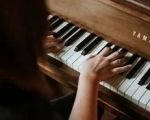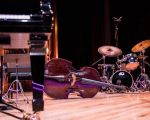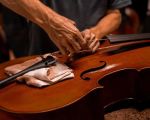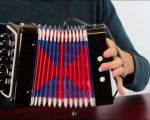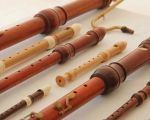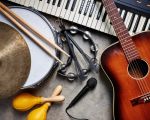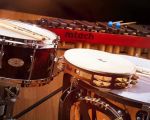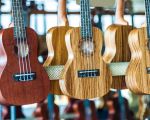- 1-Understanding-Music-Learning-Without-Instruments
- 2-Methods-to-Learn-Music-Without-Instruments
- 3-Using-Technology-and-Applications
- 4-Real-Life-Example-of-Learning-Music
- 5-How-Beat-Trigger-Can-Support-Your-Learning-Journey
1. Understanding Music Learning Without Instruments
Learning music without instruments might seem challenging at first, but it is entirely possible and can be surprisingly effective. The key is to focus on fundamental music skills such as rhythm, melody, ear training, and music theory—all of which do not necessarily require a physical instrument. Understanding this opens the door for anyone interested in music to start their journey, even without access to traditional instruments.
Developing these foundational skills sharpens your musical intuition and prepares you for when you eventually choose to play an instrument or compose music digitally. Embracing this approach not only builds confidence but also nurtures creativity in a flexible, accessible way.
2. Methods to Learn Music Without Instruments
2.1 Ear Training and Listening Exercises
One of the most effective ways to learn music without instruments is by training your ear. This involves actively listening to music, identifying different pitches, intervals, rhythms, and chord progressions. Apps and online resources offer ear training exercises designed to improve your ability to recognize musical elements by sound alone. Developing this skill is invaluable for musicians and composers alike.
2.2 Vocal Practice and Solfège
Your voice is the most accessible musical instrument. Using vocal exercises, scales, and solfège (do-re-mi) practice helps internalize musical concepts. Singing melodies and rhythms strengthens your sense of pitch and timing. This method has been widely used by music educators for centuries because it fosters a deep, intuitive understanding of music.
2.3 Rhythm and Body Percussion
Learning rhythm through body percussion—such as clapping, snapping, or tapping—is another hands-on approach that requires no instruments. Practicing complex rhythms with your body develops timing, coordination, and groove, all of which are crucial in music performance and creation.
2.4 Music Theory Study
Studying music theory through books, videos, or courses helps you understand how music is constructed. Concepts like scales, chords, harmony, and song structure can be learned without physical instruments. This theoretical knowledge is fundamental to reading, writing, and composing music confidently.
3. Using Technology and Applications to Enhance Learning
Technology offers a wealth of tools that make learning music without instruments both fun and effective. Interactive apps provide virtual keyboards, drum pads, and music composition software, allowing users to experiment with sounds without owning physical instruments. Many apps also integrate gamified lessons to keep learners motivated.
For example, digital audio workstations (DAWs) enable budding musicians to compose, arrange, and produce music on a computer or tablet. This bridges the gap between theoretical learning and practical application, making it easier to turn ideas into actual music even without traditional instruments.
4. Real-Life Example: How One Learner Mastered Music Without Instruments
A music enthusiast, Alex, shared their story of learning music solely through ear training, singing, and digital apps for over a year before ever playing an instrument. By focusing on listening skills and vocal practice, Alex developed an acute sense of pitch and rhythm, which later made picking up a guitar effortless. Their journey illustrates how starting without instruments can build a strong musical foundation and accelerate future learning.
This experience shows that persistence, creativity, and utilizing available resources can overcome the barrier of not owning instruments initially.
5. How Beat Trigger Can Support Your Learning Journey
For anyone asking how to learn music without instruments, Beat Trigger offers tailored resources and tools to support your progress. Our platform provides access to expert tutorials, ear training exercises, and digital instruments designed to fit every skill level. Whether you’re starting from scratch or aiming to enhance your musicality, Beat Trigger helps you find the right path.
Explore Beat Trigger to discover innovative ways to engage with music, overcome obstacles, and transform your passion into skill—all without needing physical instruments at the start.

